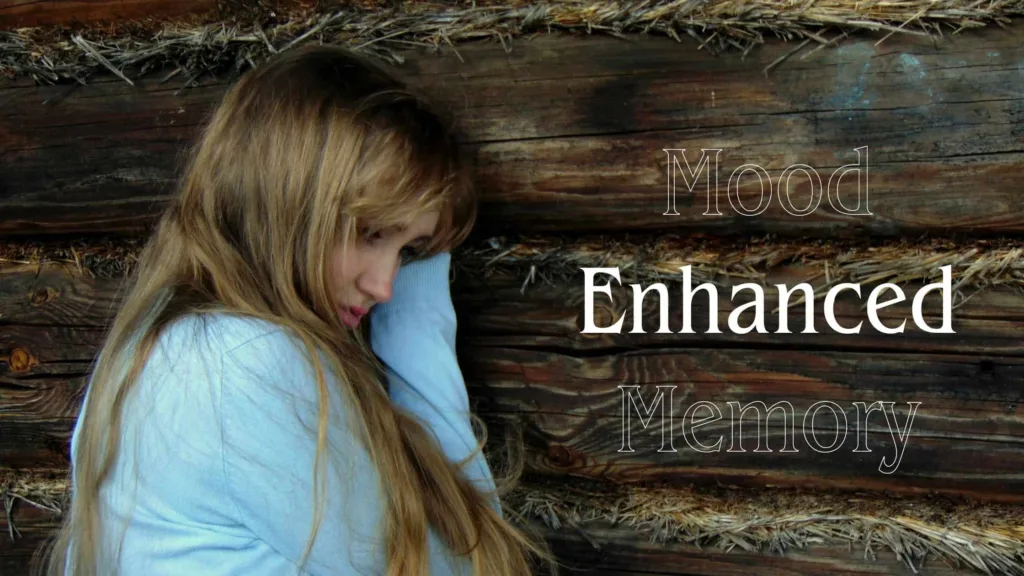Memory is like a big book of our lives, holding all our experiences, knowledge, and who we are. But it’s not set in stone; it can change depending on how we feel physically and mentally. One cool thing researchers found is called State Dependent Memory. It’s when you remember things better if you’re feeling the same way you did when you learned them. Let’s dig into how this works, what it means, and how it can help us in everyday life.
What is State Dependent Memory
State Dependent memory is kind of like having a special trick that helps you remember stuff better. Imagine you’re studying for a test and you’re feeling really happy. According to state-dependent memory, if you feel happy again when you take the test, you’re more likely to remember what you studied. It’s kind of like having a special key that unlocks your memory when you’re in the same mood or state as when you learned something.
Let’s say you went to a party and had a bit too much to drink. During that time, you had a deep conversation with a friend and shared some personal stories. The next day, you might not remember much of what you talked about because you were tipsy. But if you have a similar amount to drink and chat with the same friend again, those memories might come flooding back. That’s because your brain is in the same state as when you formed those memories.
A famous study by Godden and Baddeley in 1975 showed that scuba divers remembered more words when they learned them underwater and were tested underwater. Similarly, they remembered more words learned on land when they were tested on land. It’s like they did better on the test when they were in the same place where they learned the words.

Mechanisms Behind it
- Context-Dependent Learning: This means that your memory is linked to where you are and how you feel. If you’re in the same place and mood when you try to remember something as when you learned it, it’s easier to recall.
- Brain Chemicals at Work: Different chemicals in your brain can affect how you feel and remember things. For example, when you’re happy or excited, certain chemicals like dopamine and serotonin help your brain store memories better.
- Connecting the Dots in Your Brain: Your brain stores memories by connecting them to other things. When you’re in the same mood or state as when you learned something, your brain can find those connections faster, making it easier to remember stuff. It’s like having little cues that help your brain find the right memory.
Our way forward
- Education: Teachers can help students learn better by paying attention to the environment and how students feel. If the mood during testing matches the mood when they learned, students might do better in school.
- Therapy: Therapists can use state-dependent memory to help people remember and deal with past experiences. By getting clients to think about how they felt during those times, therapy might work better.
- Drug Development: Scientists can use what they know about state-dependent memory to make better medicines. This could help people with memory problems like Alzheimer’s or PTSD by making drugs that work better depending on how the person feels.
Related Article: Serial Position Effect: Remembering the Sequence
State Dependent Memory helps us understand how our feelings and thoughts affect how we remember things. By knowing how our bodies and minds work together to remember stuff, we can use this to learn better, improve therapy, and develop better treatments for memory problems. As scientists learn more about this, we get to understand more about how our brains work and remember things.

Pingback: Mood Congruent Memory: Emotions Shaping Memories
Pingback: Retrograde Amnesia: The Struggle of Remembering
Pingback: Psychogenic Polydipsia: Quenching More Than Thirst
Pingback: Psychogenic Fever: When Stress Burns